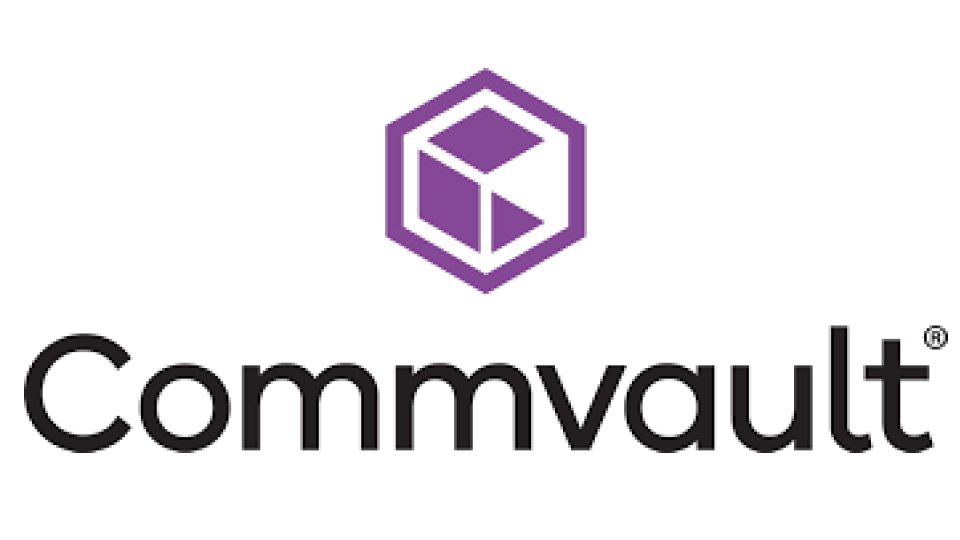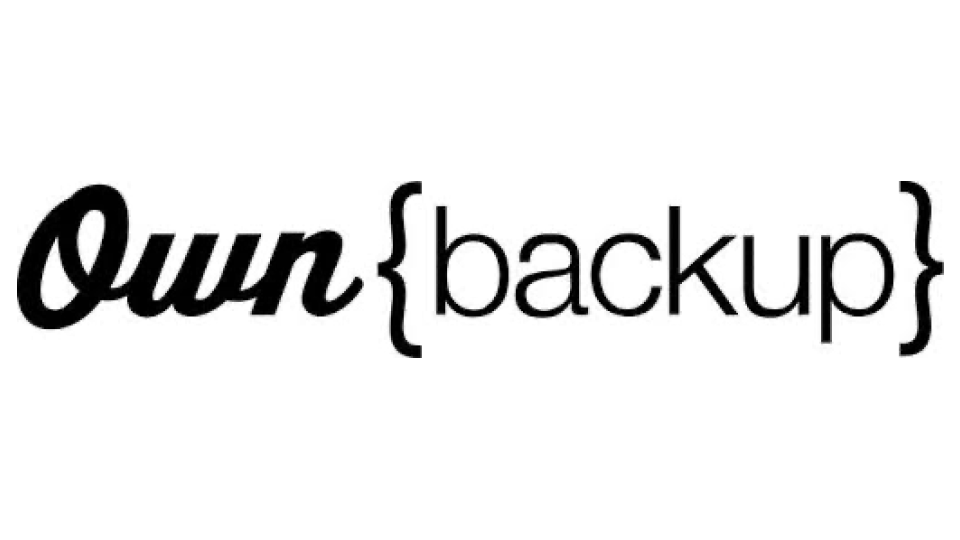FAQs
What Is Microsoft Dynamics 365?
Microsoft Dynamics 365 is a suite of intelligent business apps that aim to help organizations improve efficiency, decision-making, and customer experiences, while reducing complexity and cost. Dynamics 365 is also designed to integrate with existing business tools and services to result in a comprehensive and holistic management solution.
The service has several use cases for different business types. Sales and marketing teams can build CRM functionality to increase visibility into customer pain points, track lead pipelines, and improve sales processes. Customer service teams can use the suite to build more personalized and efficient customer service processes and automate time-consuming tasks. The service is designed to be flexible, dynamic, and can be tailored to unique business use cases. Dynamics has the ability to support new IoT technologies for insights across devices, in industries like manufacturing and healthcare.
Why Backup Microsoft Dynamics 365 Data?
Dynamics 365 can be built into critical business processes and resources to improve efficiency and reduce costs. However, this means that if the system is misconfigured, breached, or drops offline, key business processes may be severely impacted. Microsoft does perform an automatic backup of Dynamics once per day – but this backup is only retained for 3-days, after which data will be permanently deleted. With Dynamic’s backup solution, data can be stored as frequently, and for as long, as you require.
There are several reasons it’s a good idea to have a third-party backup system in place for Dynamics 365:
- Mitigating against cyber-attacks: Dynamics 365 holds valuable data that cybercriminals could target with ransomware and malware. Backups ensure you can keep operating, even if ransomware has been deploted on your network.
- Provider outages: Data held in third-party systems is always outside of your control. Having a robust backup in place ensures that you have ownership of the data in the case of unforeseen outages by service providers.
- Damage to hardware: Natural disasters, fires, even spilled coffee can damage equipment and bring key systems offline. Backups ensure that even if hardware is damaged, your business can keep operating.
- Insider risks: Employees naturally make mistakes and errors which can have unforeseen consequences. A small misconfiguration can cause widespread and unexpected errors. By using a backup solution, you can easily roll back the clock and undo any unintended changes.
- Compliance: Many regulated industries, such as healthcare and finance, have strict compliance regulations around storing customer data, and hefty penalties for lost data. Backups will ensure customer data is stored securely, and can be recovered.
Failing to have a robust backup solution in place can be extremely costly for businesses, who will have to deal with the cost of decreased business operations, alongside the cost of recovering from the root cause of the data loss. On top of this, you may have to deal with legal issues such as fines or litigation. For this reason, implementing a strong, fully-featured backup solution for Dynamics 365 is a worthwhile investment.
In addition to backing up your Dynamics data, if your organization utilizes Microsoft’s 365 productivity suite, you may need a backup and recovery solution that covers the rest of your M365 environment. You can find a list of the best M365 backup and recovery providers here.
What Features To Look For In A Microsoft 365 Dynamics Backup Solution?
There are multiple cloud-based SaaS backup providers offering backup for Microsoft Dynamics 365 data. The solutions in our list will integrate with Dynamics 365 to automatically backup data, reducing the risk of data loss and building a scalable backup process.
When considering which solution is right for your organization, here are some key features to look for:
- e-Discovery: The best solutions will make it easy to search and find the backup data you wish to restore.
- Scalability: Look for a solution with scalable policies to ensure you can backup all the data you need to, even when your organization grows.
- Retention: Retention requirements can vary between use cases. Ensure you know how long your data will be held for.
- Ease Of Use: The system should be intuitive, easy to use, and quick to itegrate with Microsoft Dynamics 365.
- Analytics: Many solutions will provide analytics and a data analysis so you can compare and track backups across different environments.











